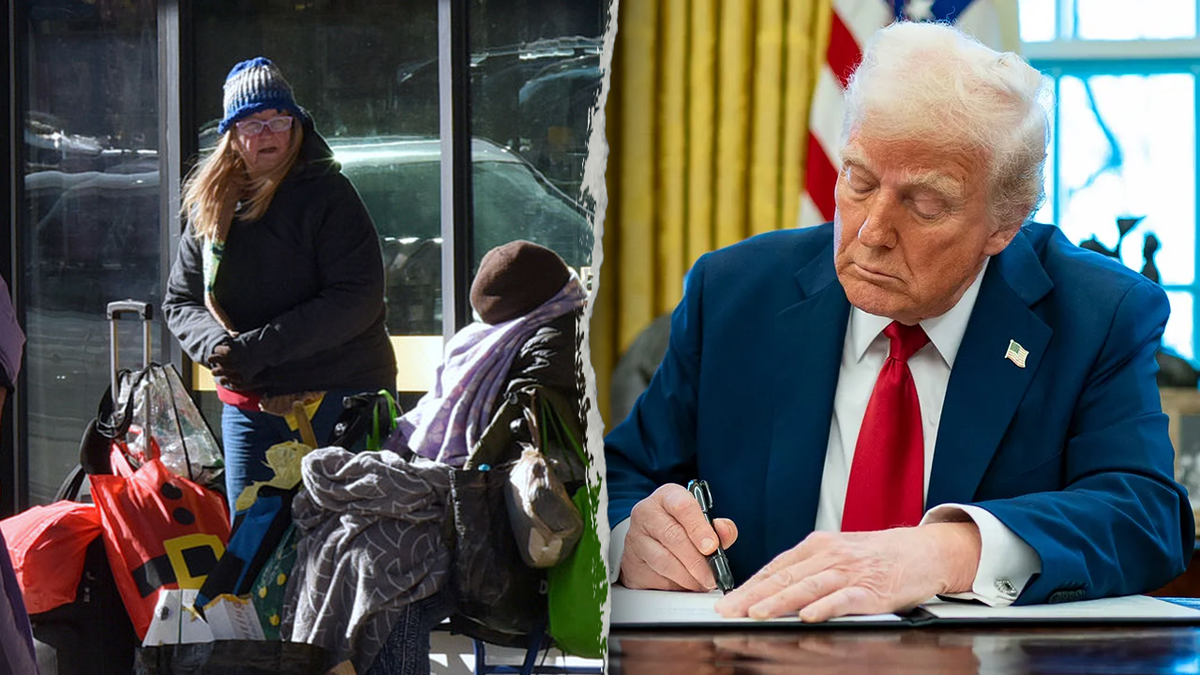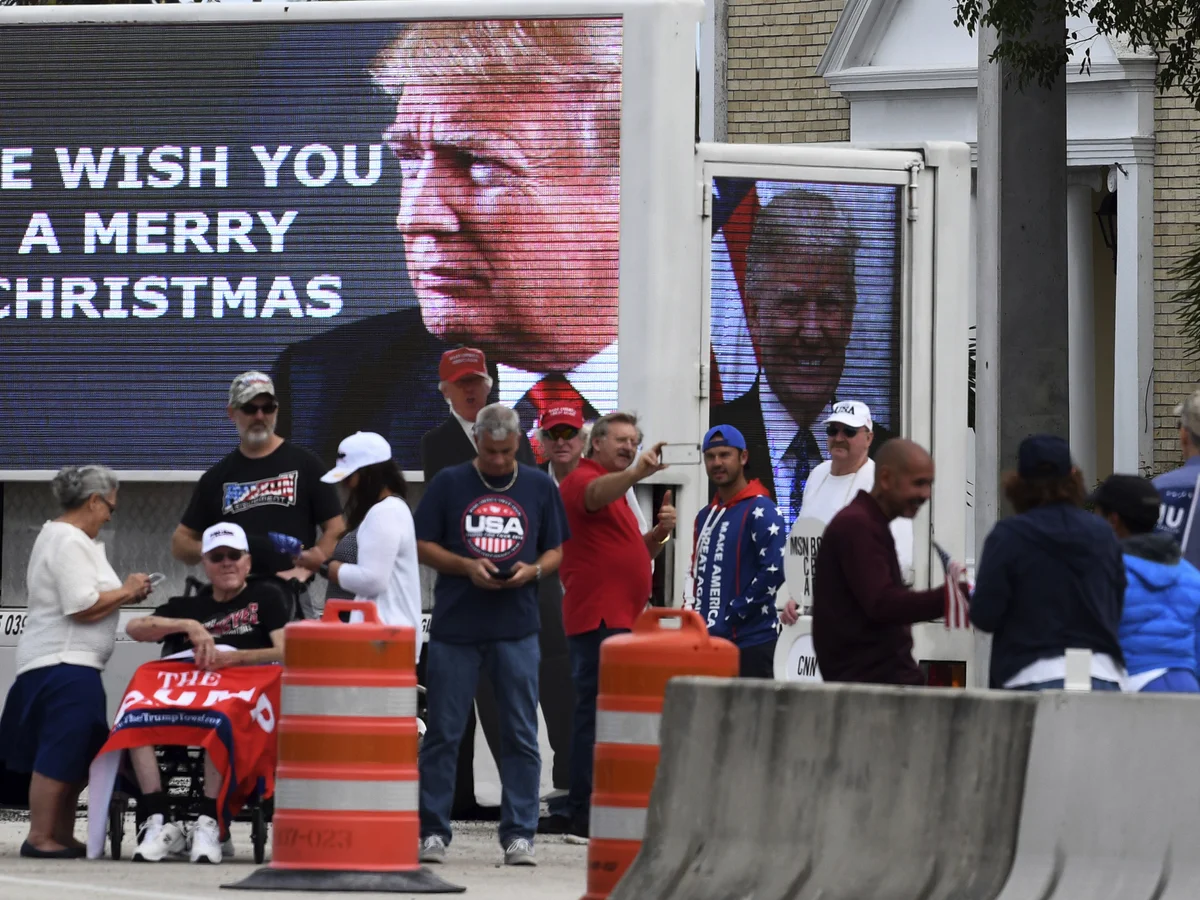DC's Homeless Sweeps

President Trump ordered the removal of homeless encampments in Washington, D.C., as part of a federal takeover of city policing.
What's Happening?
On August 15, 2025, federal officials began clearing homeless encampments in Washington, D.C., as part of President Trump’s push to 'clean up' the capital. Homeless people were told to leave or be arrested.
He says this is part of his plan to crack down on crime. But critics say it’s about hiding poverty, not solving it. Homeless people were told to move out or face arrest. Some were offered space in shelters—but there aren’t enough beds for everyone.
Local volunteers, city officials, and activists showed up to help. They handed out food, blankets, and support. But many are asking a bigger question: Where are people supposed to go?
Let’s break it down. Washington, D.C. has over 5,000 people without homes. That’s the highest homelessness rate in the nation, 83 out of every 10,000 people. Most are in shelters, but hundreds still live on the streets because affordable housing is almost impossible to find.
The reality is rent is too high, wages are too low, and support programs like food assistance and public housing often don’t go far enough. If you make minimum wage, you’d have to work nearly three full-time jobs to afford a basic two-bedroom apartment in many parts of the country.
And it’s not just about money. Homelessness is tied to other struggles: mental health, addiction, domestic violence, job loss, and lack of affordable healthcare. For many, one bad break—a medical bill, a lost job, a violent partner—can be the thing that pushes them onto the street.
President Trump’s plan is to relocate homeless people 'far from the Capital.' But without real investment in affordable housing, mental health care, and job programs, moving people around doesn’t solve the problem. It just hides it.
This isn’t just a story about Washington, D.C. It’s a story about how we treat people when they’re at their lowest. It’s a reminder that behind every tent or cardboard sign is a human being—someone’s neighbor, friend, or family member—trying to survive.
Why It Matters
Homelessness is not a personal failure, it’s a policy failure. When our society allows housing costs to rise unchecked, wages to stay low, and social safety nets to shrink, it creates a system where thousands fall through the cracks. Sweeping people off the streets without solving the root causes isn’t justice, it’s a cover-up. We have to ask ourselves: Do we care more about appearances, or about people? Do we want short-term fixes, or long-term solutions? Real change starts when we stop looking away, and start showing up for each other.
?
What do you think are the most important causes of homelessness in America?
How should the government balance public safety with individual rights during homeless encampment removals?
What would a more compassionate and effective response to homelessness look like?
Do you think homelessness is mostly caused by personal choices or by systemic barriers? Why?
What does this situation in D.C. reveal about how power is used in a federal district?
If you had the chance to create a new housing policy, what would be your top priorities?
Dig deeper
This episode explores the ethical questions around poverty. Do we have a moral duty to help the poor? What is society’s role?
Learn how poverty traps are created by well-meaning systems that accidentally keep people poor—and how we might fix them.
Historian Rutger Bregman makes the case for universal basic income and explains why poverty is a policy choice, not a personal flaw.
Related

Deinstitutionalization
Deinstitutionalization was a movement that closed psychiatric hospitals in favor of community care. But without enough resources, it led to homelessness, incarceration, and untreated illness.

Divisive Rhetoric
History shows us that words are never just words—they can build bridges or burn them, unite communities or divide them. How we use language shapes the future of our society.

Understanding Triggers: What Pushes Our Buttons and Why
Triggers are emotional hot buttons—specific things that spark big reactions in us, often without warning. Learning to recognize our triggers is the first step toward responding with self-awareness instead of reacting out of instinct.
Further Reading
Stay curious!

